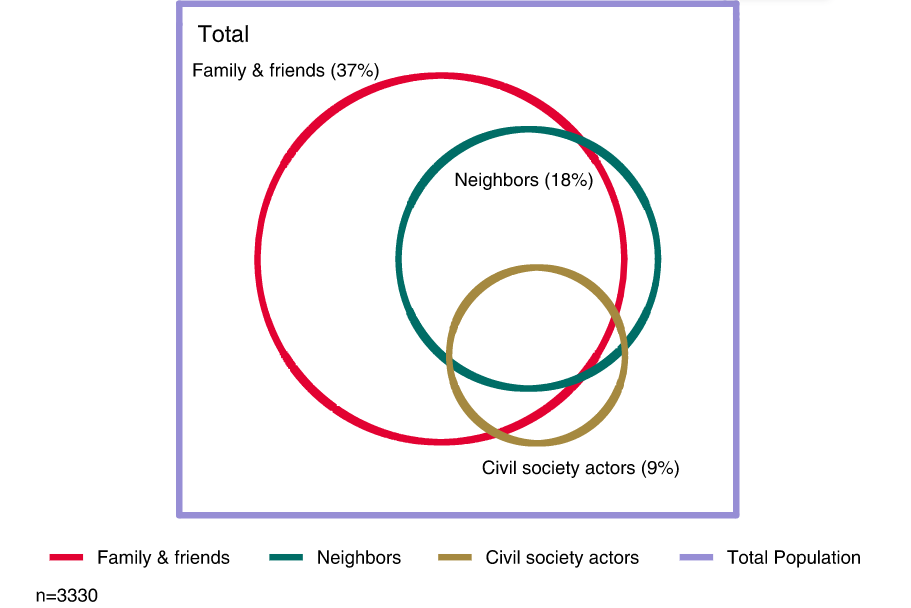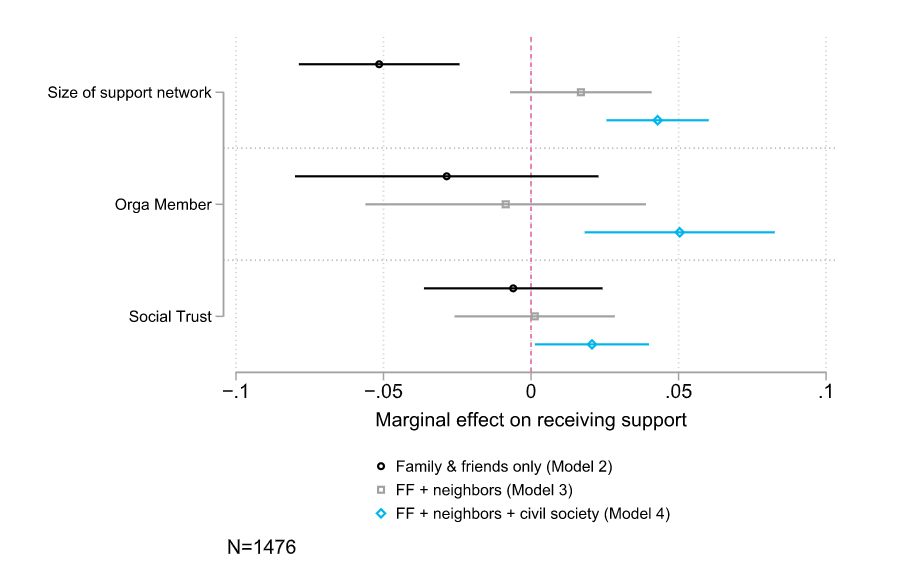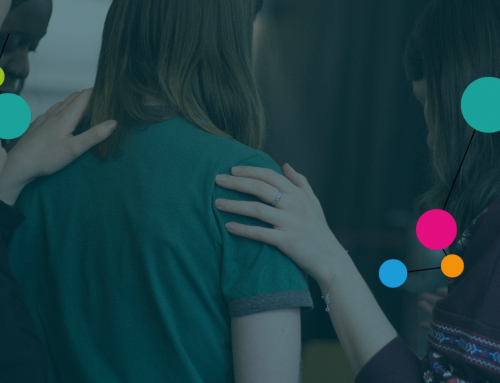Social Capital and Support in Covid-19
How social capital matters for receiving social support
The Covid-19 pandemic has resulted in an increased demand for social support, with people offering practical, emotional, and financial assistance to friends, family, and strangers. The study “How social capital matters for receiving social support: on the complementary role of civil society in the COVID-19 pandemic” conducted by researchers Gesine Höttmann, Swen Hutter and Jule Specht investigated the role of social capital in receiving social support during the pandemic. The study used unique micro-level survey data from Germany and focused on the importance of three aspects of social capital: the size of one’s support network, social trust, and organizational membership.
Family & Friends, neighbors, or civil society?
The study found that a larger support network and organizational embeddedness were primarily significant in receiving support beyond family and friendship networks. Civil society actors were less likely to provide sufficient support, mainly providing complementary support for individuals in particular need. The study also highlighted the importance of social networks and whether one can rely on a solid support network in times of need.
Around 45% of the sample received social support during the pandemic from someone outside their household, mostly from family and friends, followed by neighbors, strangers, and civil society organizations. The overlap between different support networks is strong, with most receiving support exclusively from family and friends. Only 10% reported not receiving enough support.
(see the figure below)

The study found that those who receive support exclusively from family and friends have a smaller support network, while those who receive support from all three networks (family, friends, neighbors, and civil society actors) have a larger support network and greater social capital. Specifically, a larger support network, associational membership, and greater social trust tend to increase people’s chances of receiving support from all support layers combined. This finding highlights the role of civil society actors as a complementary support network to strong ties and neighbors during the pandemic.
(see the figure below)

Critical Role of Social Capital
In conclusion, the study highlights the critical role of social capital in receiving social support during the Covid-19 pandemic. The findings suggest that a larger support network and organizational embeddedness are significant in receiving support beyond family and friendship networks. Additionally, civil society actors mainly provide complementary support for individuals in particular need. The study offers insights into the importance of social networks and the interplay of demand and supply of social support during a crisis that hinders new social contacts.
The full publication can be read here.





